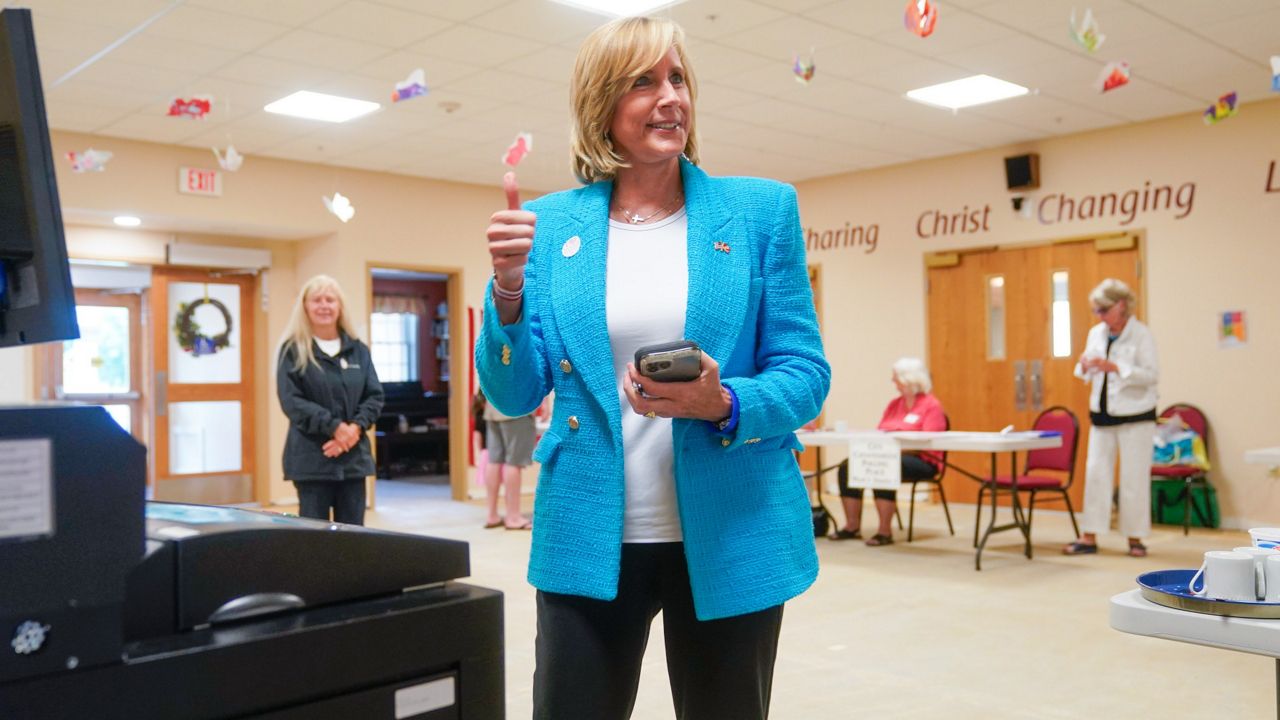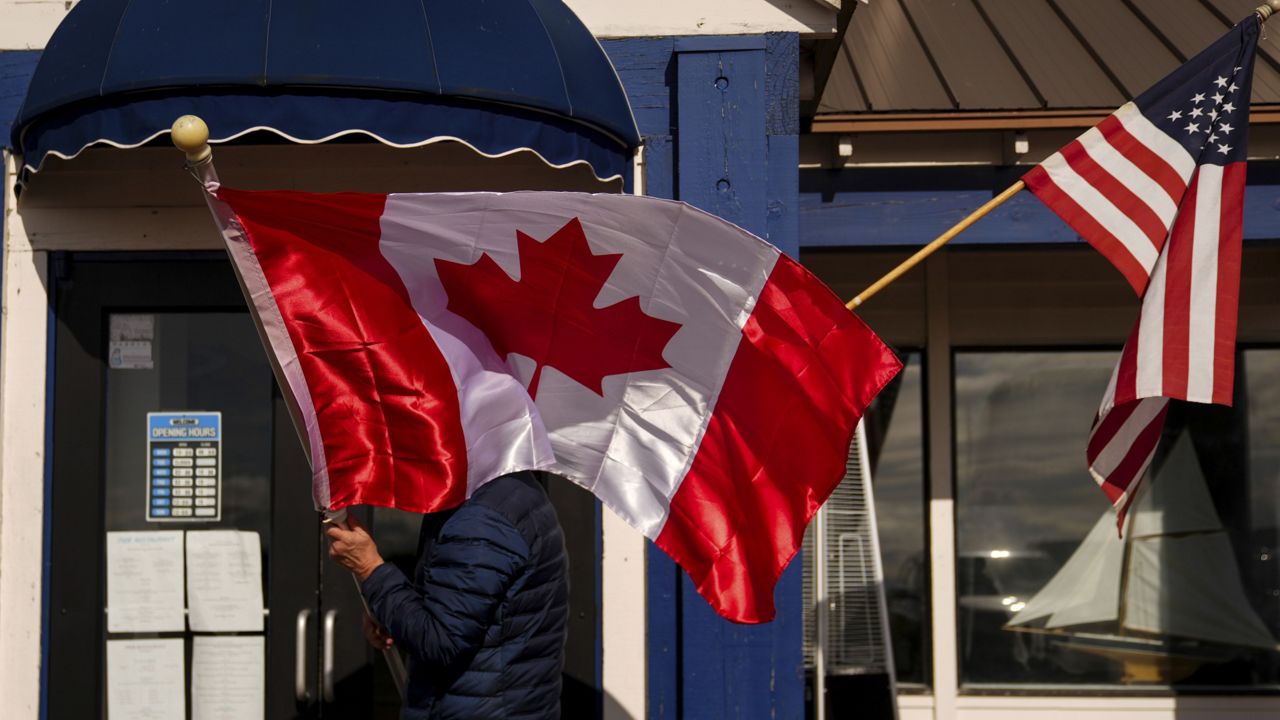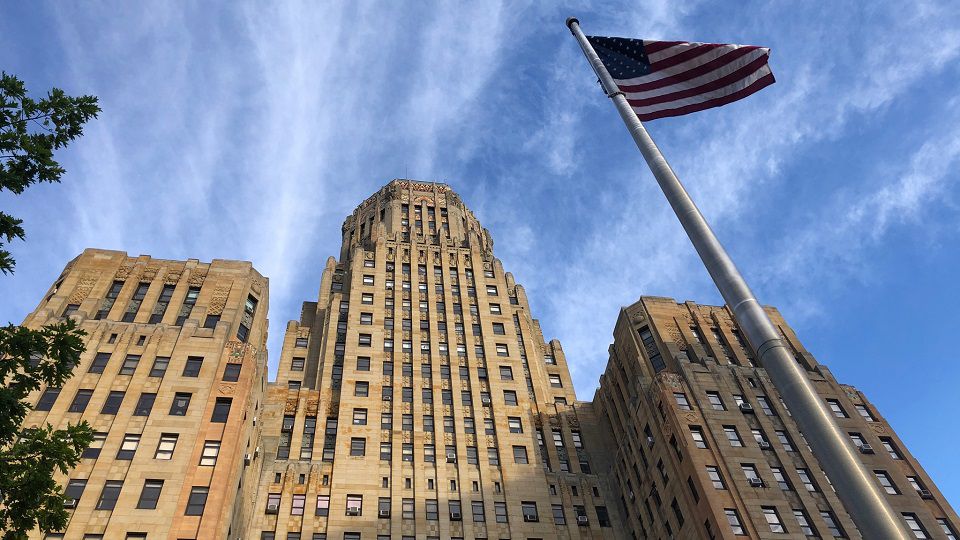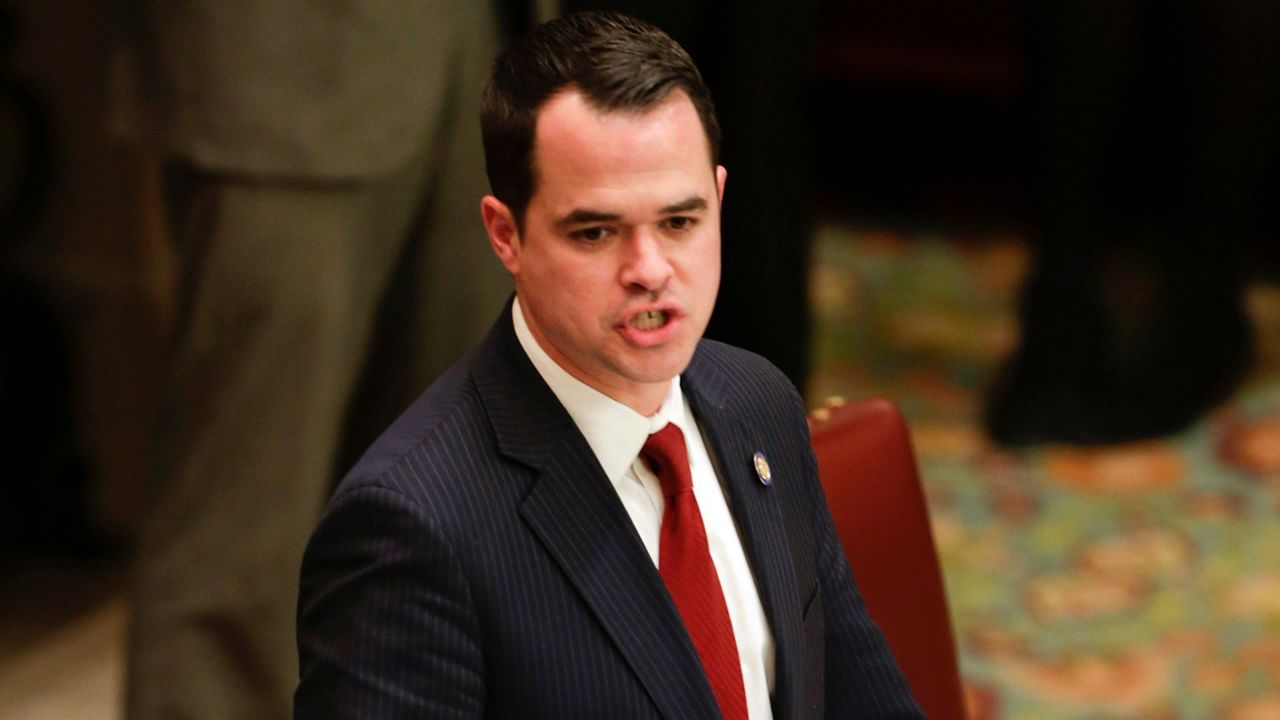NIAGARA FALLS, N.Y. -- Niagara Apothecary is a small independent pharmacy in Niagara Falls.
Owner Jamie Latko said shops like hers offer extra services customers can't always get from the big chains.
"We're delivering. Here we're doing diabetes education classes. We're certified federally to do that. We do a lot of immunizations. We're on the downside of COVID, but we continue to do COVID tests and provide those extra services that only a smaller pharmacy can provide," Latko said.
However, she said under New York's current Medicaid reimbursement model, it's become difficult to continue to provide those services. The pharmacist said about 60-70% of the pharmacies' business is Medicaid Managed Care.
A pharmacy benefits manager reimburses her for those filled prescriptions.
"We are sometimes reimbursed at a price or a cost that you can't buy that cheap anywhere you go. There's just no purchasing that cheap and sometimes it's substantial, and I don't mean a dollar. I mean $50. I mean $100. It's the higher the medication, the more we lose," Latko said.
In 2020, the state decided to remove the middle man and go back to its previous model of directly paying for prescriptions. It's a delayed implementation, but Gov. Kathy Hochul is proposing the change take effect April 1.
"The state does a great job of knowing what drugs are costing out in the market and they're going to reimburse at a fair rate and they always have," Latko said.
The current iteration of the program has also allowed safety net health care providers that serve low-income and high risk communities to generate revenue. Latko said safety nets, while important, represent only a small percentage of Medicaid patients.
"That's a very small part of it but the governor's going to take care of that. She has a plan to help these. They're making money off the 340B to maintain these clinics and she's not leaving them stranded," she said.
The pharmacist points out businesses like her that do a lot of Medicaid Managed Care are often in underserved communities as well and if they continue to lose money many will have to close leaving patients with few options in their own neighborhoods.










